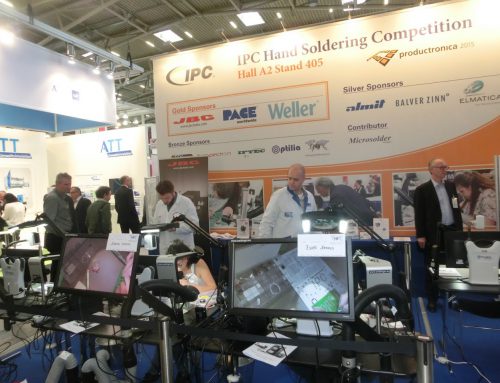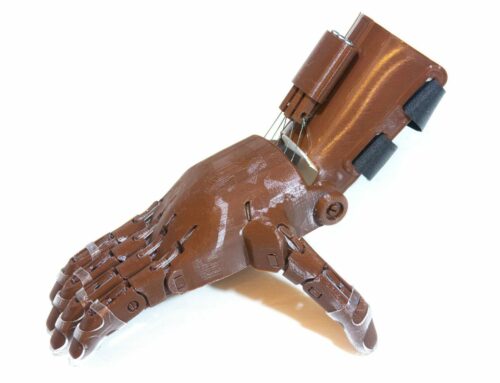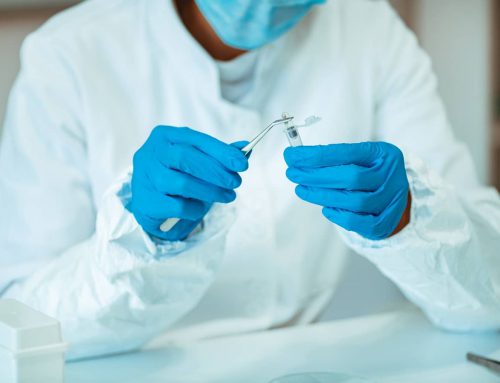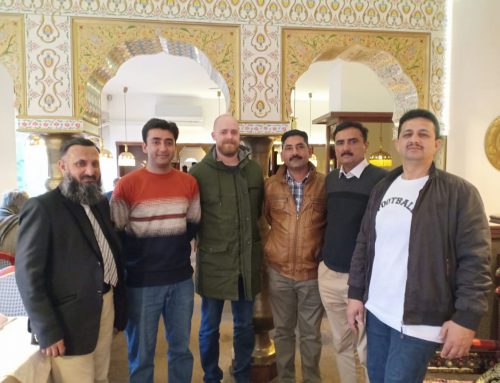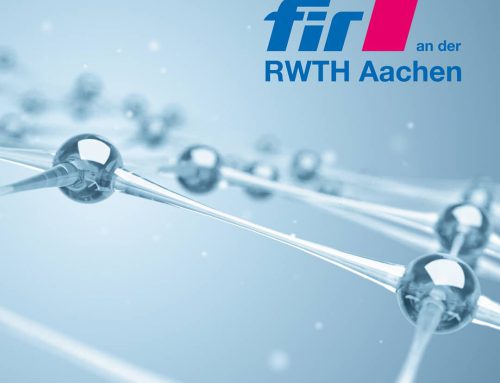Health care is becoming more and more digital because of the use of Artificial Intelligence (AI) and the Internet of Things (IoT). This leads to numerous advantages for both patients and health care providers. Even those who do not need direct medical assistance but just preventive health care can benefit.
During the Las Vegas CES (Customer Electronics Show) many new innovative products were showcased: contact-free fertility sensors, a headset used for losing weight, allergen detectors, etc., etc.
If you have a food allergy, you have to be constantly alert to any allergens being part of the food that you consume. Suppose that you are allergic to peanuts, you can benefit from a recent invention. The solution for you is the peanut sensor, developed by Nima. You take a small sample of the food you want to test and put it into the device, and in no time it tells you whether there are peanuts in the sample. The accuracy of this particular device is 99%.
For women who face difficulties getting pregnant a contact-free fertility sensor has been developed by the Israeli company EarlySense. This is fitted under the mattress. From this location the heartbeat and respiration of the woman is monitored. By using AI and machine learning the sensor can determine when exactly the next menstruation, ovulation and fertility peak is reached. This sensor requires about three months of data to make a prediction with a high degree of accuracy, and this makes it 30% more accurate than all other methods.
Losing weight is an objective for nearly everybody at least once in their lives, and obesity causes more and more problems in our welfare state. Not everybody has the self-discipline to go to the gym or exercise on their own. Your brains regulate your weight increase and weight loss. The company Neurovalens has developed a light-weight headset called the Modius., and they claim that this headset makes you lose weight. The concept seems very
simple. The headset makes contact with the mastoids, bone-like spots behind the ear. Electrical pulses are transmitted to the brains, stimulating the vestibulary nerve. This in turn sees to it that you become less hungry, meaning you have less appetite, and your metabolism speeds up. This makes you lose weight.
Skin cancer is also on the rise. We all like basking in the sun and getting a nice tan, but the danger of over-exposure causing skin cancer cells to develop is high. L’Oreal has found a solution. They have developed a UV sensor that you can paste on your fingernail. This sensor measures how long you have been exposed to UV light and gives off a signal. The sensor has been construed in such a way that you can swim with it, take a shower and do physical exercises. It requires no battery.
When you grow old the chance of falling and displacing your hip increases. The 55-and-over age bracket is the group at risk. In the Netherlands, for instance, over 17,000 people end up in hospital as a result of a hip fracture. 75% of this group is female. 25% of this group dies within a year of the fracture, because the body is too weak to heal. Another 25% remains permanently handicapped. The Netherlands is representative of the rest of the Western
world with its ever ageing population. The Hip’Air, invented by the French company Valles, may be a solution. It is a sort of hip airbag equipped with gyroscopes and speedometers. The device detects when the wearer of the Hip’Air starts to fall, it inflates within 80 milliseconds and absorbs more than 90% of the impact of the fall. This can drastically reduce the number of hip fractures among the elderly. Consequently, the quality of life of this age bracket improves a lot, and society benefits by keeping its health care costs down, etc.
Health care is digitised to an increasing degree, and it is the electronic interconnect industry that makes all this possible.


